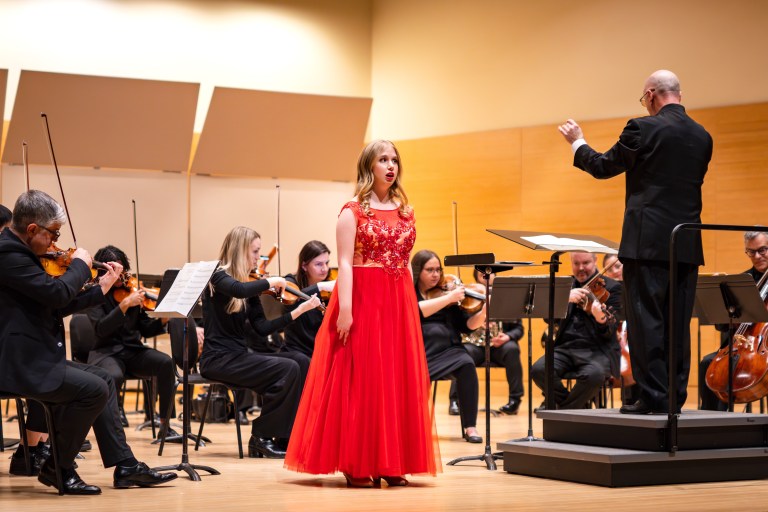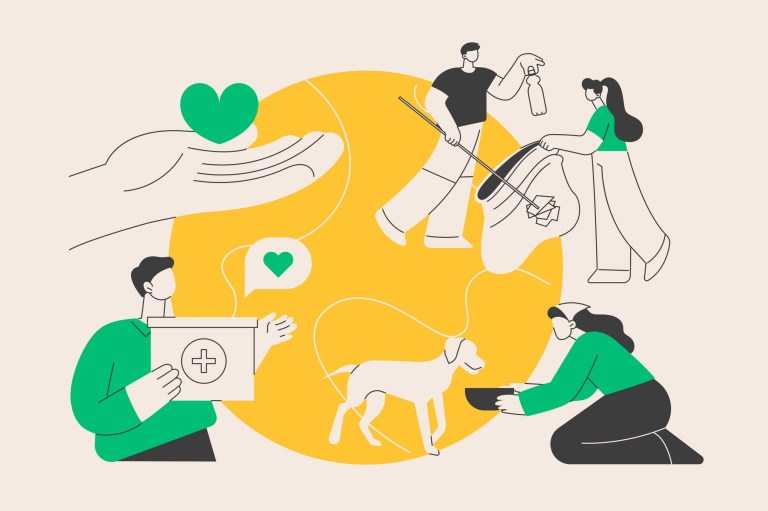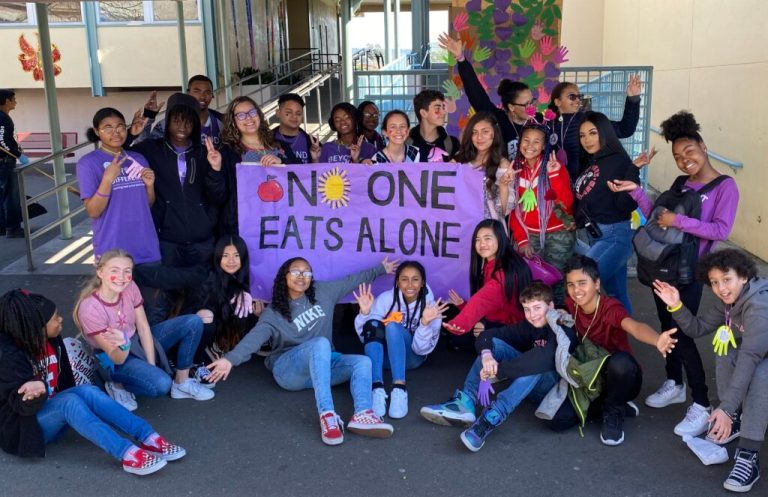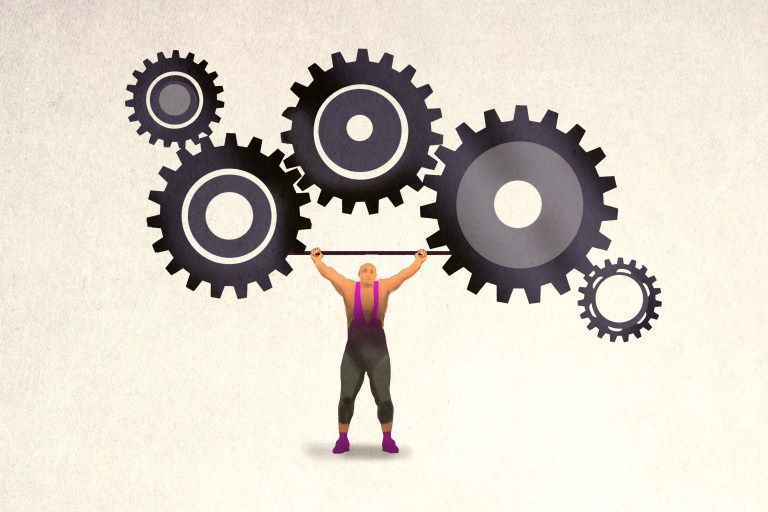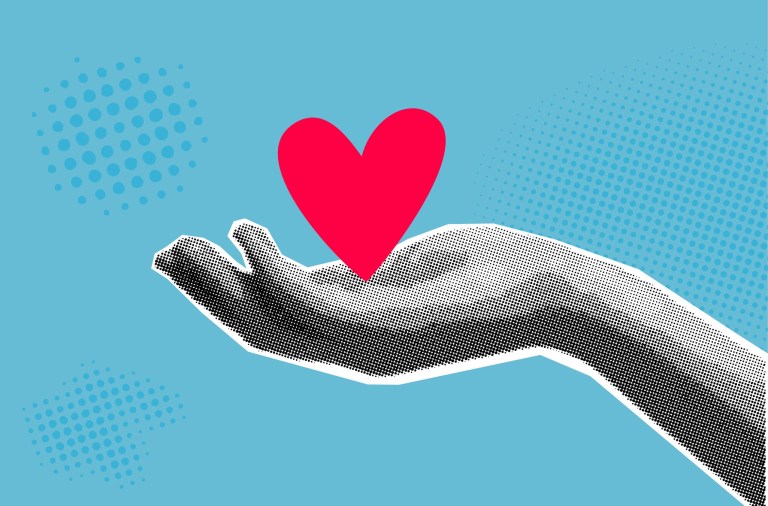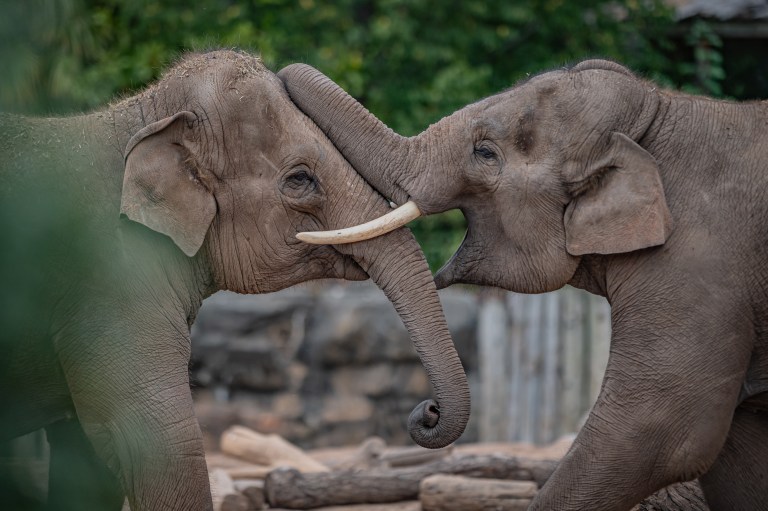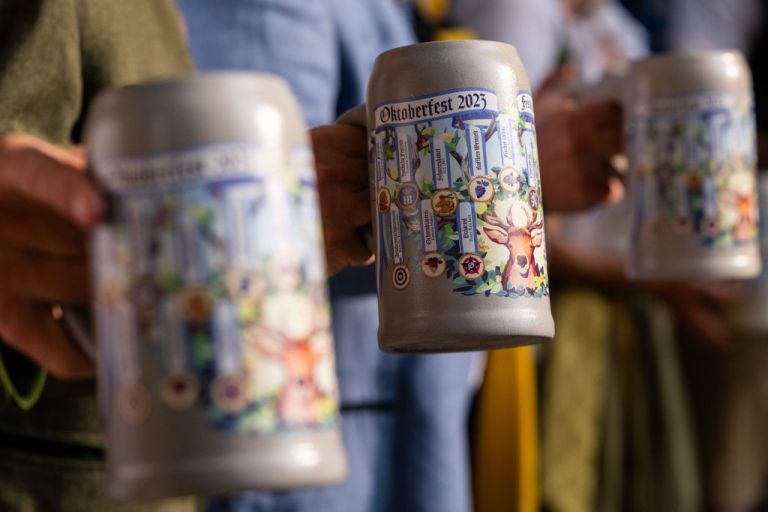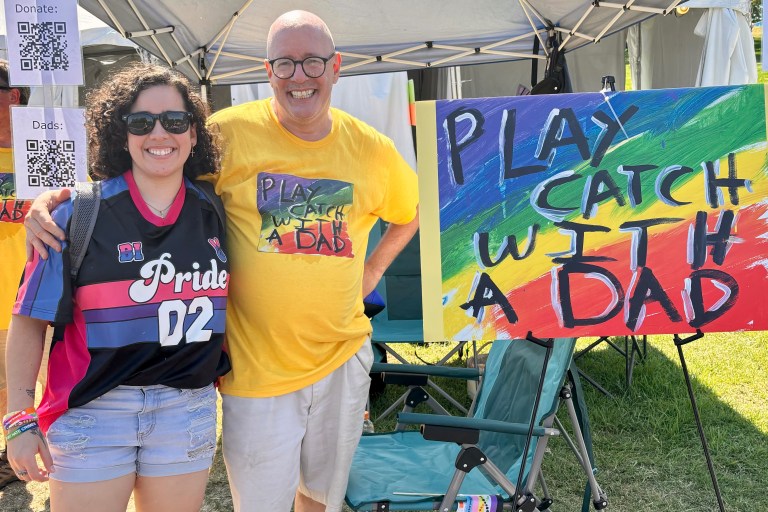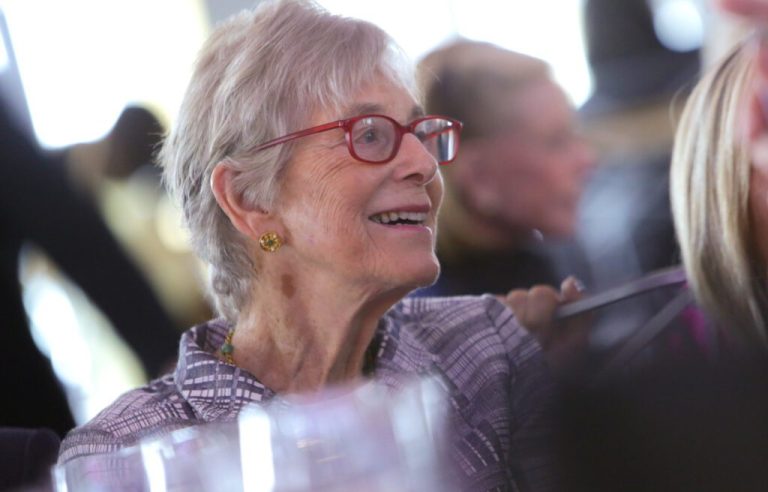In the opening pages of Demi-Leigh Tebow’s new memoir, A Crown That Lasts, the 29-year-old shares an endearing and relatable anecdote. It was 2018 and she was in the airport with her now-husband, former NFL quarterback Tim Tebow, when an overstuffed suitcase the two were traveling with burst open, spilling her belongings all over the floor.
What was in the suitcase turns the situation from an embarrassing story to an apt metaphor for an existential predicament: She was carrying dozens of programs from the Miss Universe pageant, which she’d won the previous year. Tebow had just handed over her crown and sash to the new winner, and the shiny booklets with her face all over them would come to represent the way she felt about her own identity — it had fallen out from under her.
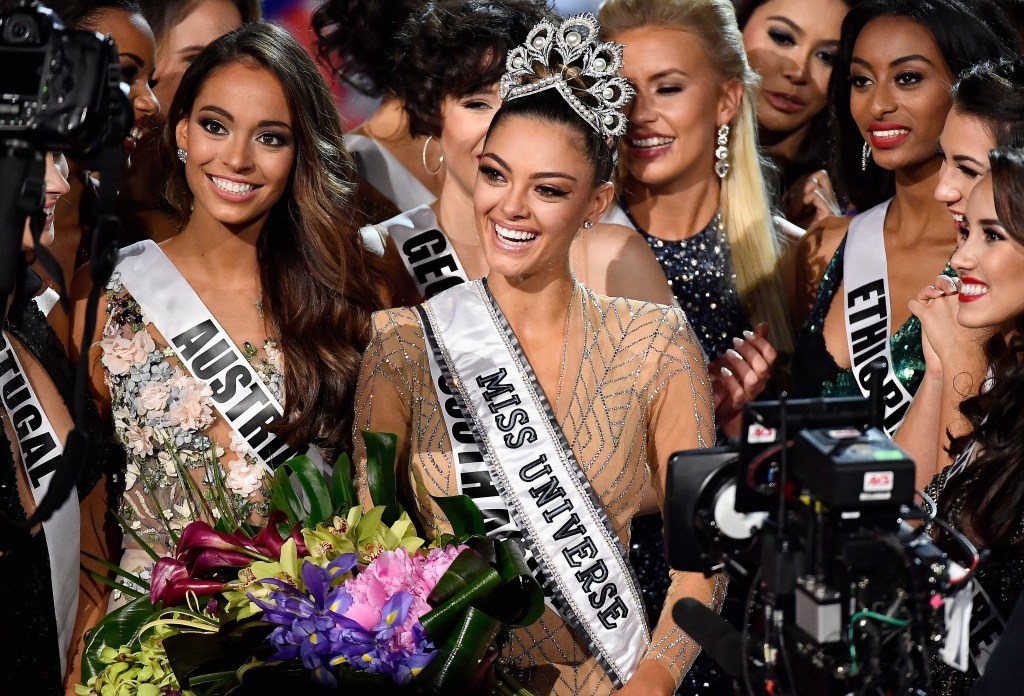
Years of soul-searching would follow, and eventually, the realization that she’d mistakenly tied so much of her self-worth to external achievements.
“I think such a big part of what makes up our identity is our life circumstances. But the issue with rooting our identity in our life circumstances is that they are not fixed. They’re not always trustworthy. They’re ever-changing,” Tebow told Nice News, adding: “Whether or not you’ve worn a crown, I think we’ve all [had] a moment in our life where we have questioned: ‘What’s next? Who am I now?’”
For the South Africa native, who grew up in a small town on the Western Cape, figuring that out wasn’t easy.
Ambitious from an early age, Tebow was president of the student council of her boarding school, and also served as Deputy Junior Mayor of the city council. She went on to earn a degree in business management and entrepreneurship at North-West University. Less than two weeks after graduating, she’d walk across the stage to be crowned Miss South Africa, and later that year, Miss Universe.
When the ride was over, so to speak, she was left unmoored. During that time, which she refers to as a “messy middle season,” Tebow found a way to feel better without needing all the answers.
“One thing that I did do in that season was to take the focus off of myself and to go and serve other people,” she explained. “Whether that was partnering with my husband through the Tim Tebow Foundation, or just going down the street to my local soup kitchen in New York City and surrounding myself with people that were like-minded, that wanted to serve others. It just took that focus off of myself, even if it was just for two hours, and helped me gain a bigger, different perspective.”
For Tebow, who also credits her strong Christian faith with helping her find her way back to herself after the upheaval, philanthropy has long tied into her sense of purpose. She details another impactful experience in her memoir that would influence the direction her philanthropic efforts would take.
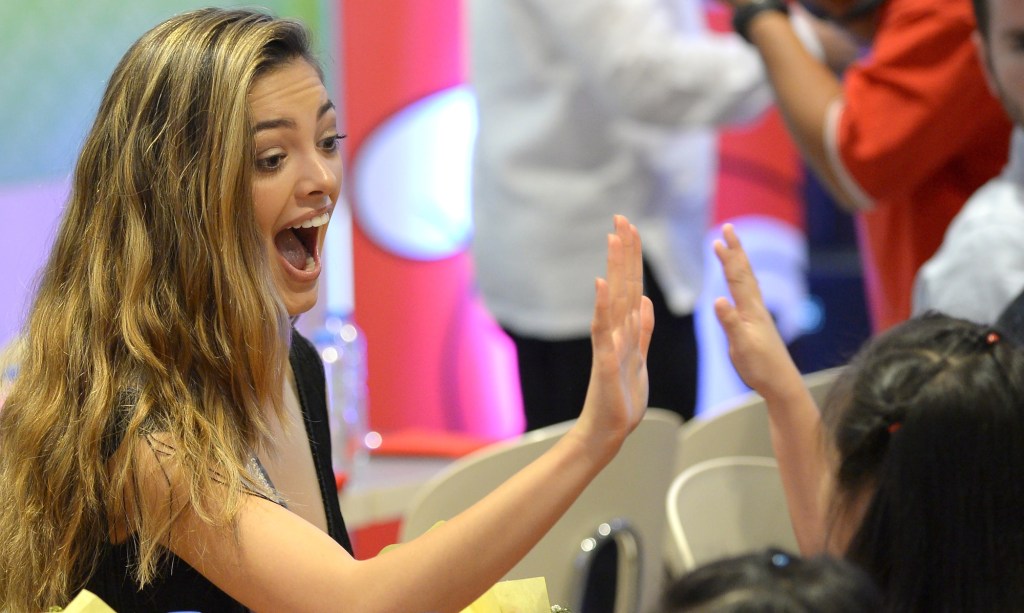
In June 2017, Tebow was the victim of an attempted carjacking at gunpoint in Johannesburg. The attack left her with significant emotional trauma, but she escaped physically unscathed thanks to lessons she’d learned in self-defense and safety driving classes. The first was the maxim “never go to a second location.”
“My perpetrator tried to grab me by my wrist, tried to push me back in the vehicle, yelled at me, ‘Get in, you’re going with us,’” she recalled. “I remembered, Whatever’s gonna happen on this big avenue, half past five in the afternoon, it’s not going to get better somewhere downtown with 10 other of their friends. And I knew that I had to do everything in my power to get out of that situation.”
“And the second thing I remembered, something that I had practiced over and over in a self-defense workshop, is how to punch someone really hard in the throat,” she continued, adding: “And that’s exactly what I did in that situation. I punched the guy as hard as I could in his throat, and it bought me a window of opportunity to run away.”
The story made headlines, and as people reached out to offer her support, Tebow was struck by a common refrain she heard from other women: “I have no idea what I would do.” It led her to launch Unbreakable, a confidence-building conference aimed at empowering women around the world. But the harrowing ordeal changed her trajectory in another way as well.
After freeing herself from the perpetrators and running down the street in her six-inch heels, the still-newly minted Miss South Africa knocked on car window after car window, begging for help. Each person refused her pleas, leaving her feeling desperate. Finally, one young woman, just 19 years old, beckoned for her to get in. The brave act left Tebow not only grateful but also inspired.
“I think we so often underestimate the ripple effect of goodness that can come from our single act of kindness and our single act of obedience, because that moment has served as such a big catalyst in my life, where now I am a voice for women around the world. Women that have been victims of human trafficking, but also survivors of human trafficking. And that’s one of the greatest honors of my life.”
Tebow currently serves on the board of various organizations that fight against human trafficking, including Her Song, a ministry arm of the Tim Tebow Foundation.
“It’s one of the ways that our purposes were aligned before we ever even met, before I ever even knew his name or he ever even heard about me,” she said of her husband, whom she met in 2018 and married two years later.
Today, Tebow understands that struggles with one’s identity are natural, and can resurface with different seasons of life, but her worth is no longer tied to material indicators of success, tiaras or otherwise. It’s about striving for excellence instead of perfection.
“I think perfectionism is a desire for flawlessness that’s wrapped in the fear of failure. But excellence on the other hand is about effort,” she said. “By definition, I believe excellence means to excel, to rise above, to be great. And that doesn’t mean that it’s perfect — it’s striving to be better, striving to rise above your circumstances.”

